Instagram, TikTok, X (formerly known as Twitter), and YouTube, are rapid-fire content machines, pushing out headlines every day. With no fact-checking or even names needed to make information public, it has become increasingly difficult to weed out what is true.
In this generation, it is almost impossible to be ignorant as world affairs, political races, and social demonstrations are publicized and reposted countless times reaching hundreds of thousands of people within a day. The rapid nature of social media creates waves of attention around headlines that rise and fall in a heartbeat.
Just at a glance, you can see multiple reposts of unverified accounts spouting information as fact and things are accepted as they’re seen.
Is it enough just to know what is happening or to post about it? By reposting, you can spread awareness, but there is no commitment, no action being made.
In Jeff Jasper’s AP Government class, he gives each of his students a copy of The New York Times which leads to the daily discussion in most classes. Oftentimes, the article discussed is found in the editorial or op-ed section, providing the students with an opinion-filled side of a story, followed by a discussion with opinions matching or going against the ones written in the article.
“I think the key point is to develop, in all our students, a real civic responsibility,” Jasper said.
Jasper explains that the skills developed by consuming facts and opinions and then taking them and aligning them with your own opinions are crucial in creating a generation to help create solutions in the future.
“If there’s ever going to be a change in what we’re looking at today, a change in how fragmented we are, it has to be because our best and the brightest people, people who are going to be engaged in the community and have that civic engagement,” Jasper said.
The goal Jasper appears to reach by using the paper copy of The New York Times is to establish a sense of reliable journalism because it is a newspaper with a history and name that ensures facts are checked.
“We need to have skills to decide, is this real, right, or is this fiction?” Jasper said. “We have to have reliable journalists, and we have to have reliable sources.”
Jasper explained that the knowledge of current events is less important than the understanding of the issues that caused them; it is better to understand the underlying issue behind an event in the news than just the event itself.
According to Jasper, the articles discussed in class show that the opinions of people matter, and should be voiced.
“I try to teach my students that they’re going to have to understand the issue to change the issue,” Jasper said. “They have to understand how to bring about change through their voices and educated opinions and make a decision that we can be better and we can do better.”
So many times throughout our years as students, we are told that we are the generation that will have to bring about change. We are the generation with information at our fingertips and a limitless system to connect us to people and problems on a global level that should help us create solutions to the major issues attacking society.
But with these tools comes division and trust issues. Our country is as divided as ever, and there are more ways for misleading or incorrect headlines to flood our thinking. It is important that our generation builds the tools to eventually be the people who can create change and be part of the solution.
“I think the skills of using one’s voice, having an understanding of what the issues are, not the event, but the issues that are involved in events, and then being able to listen to a diverse opinion on the issues and actually listen with those skills, I think it can get to that point where I know the future is bright,” Jasper said.


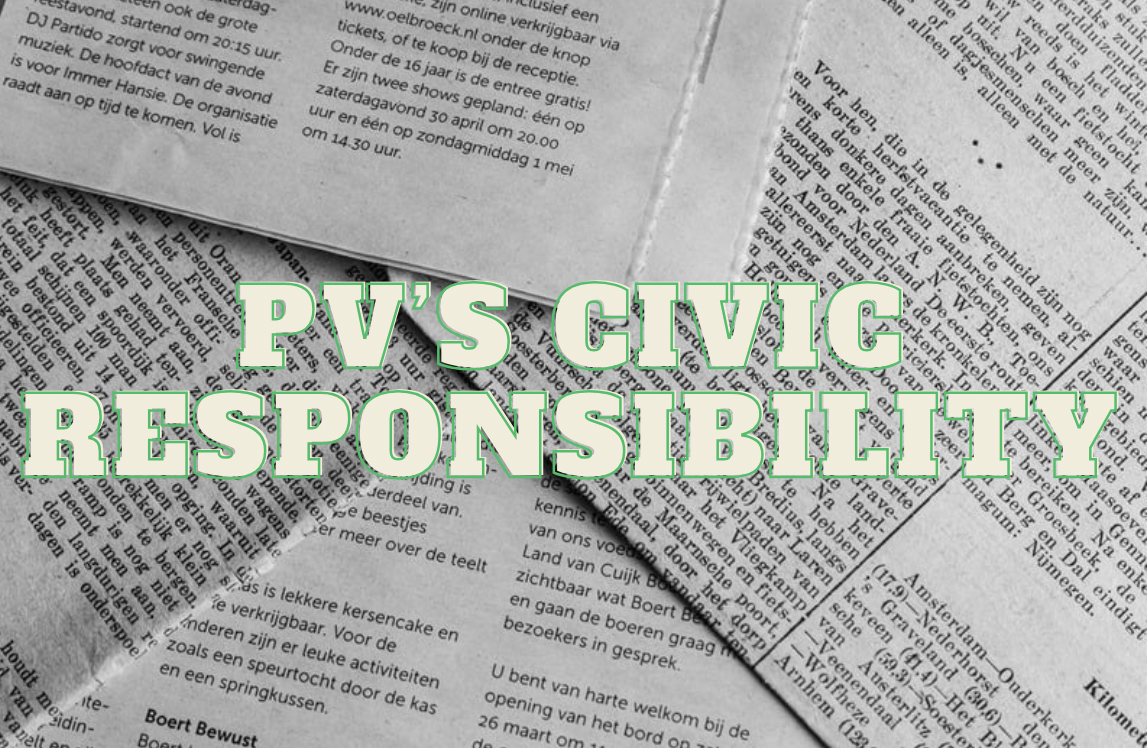
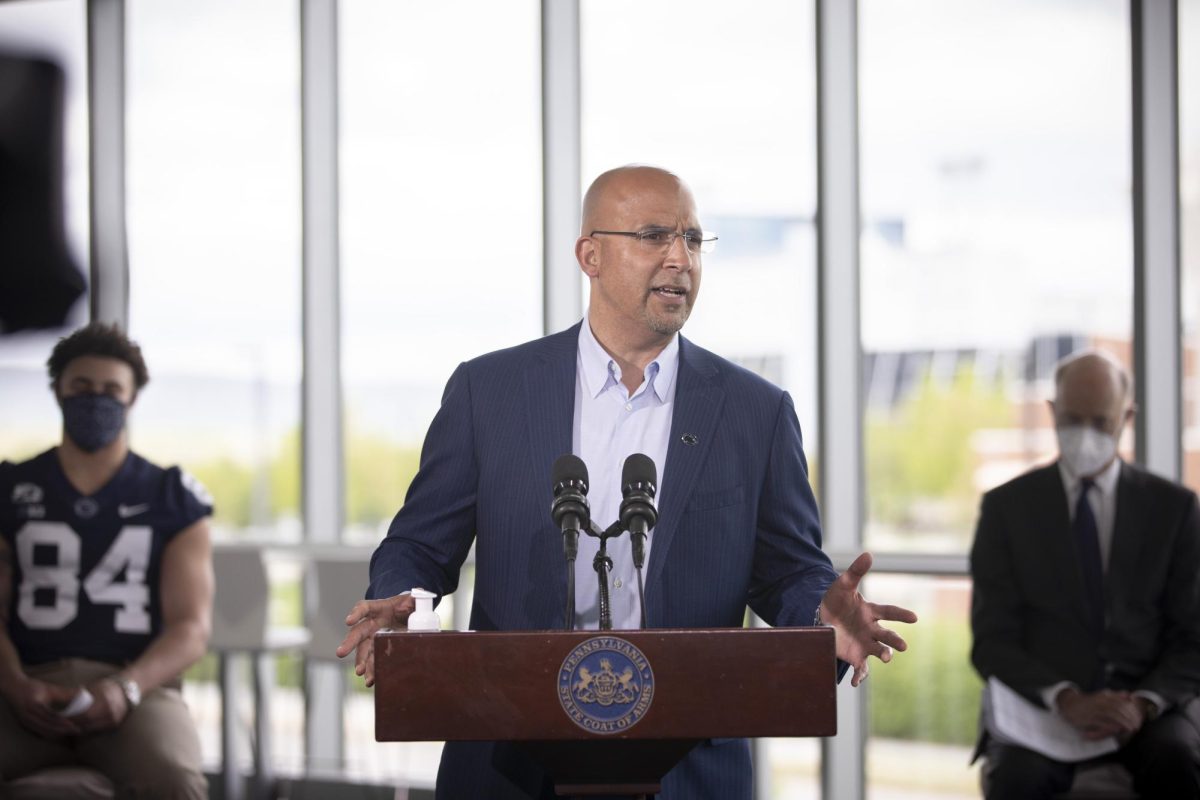





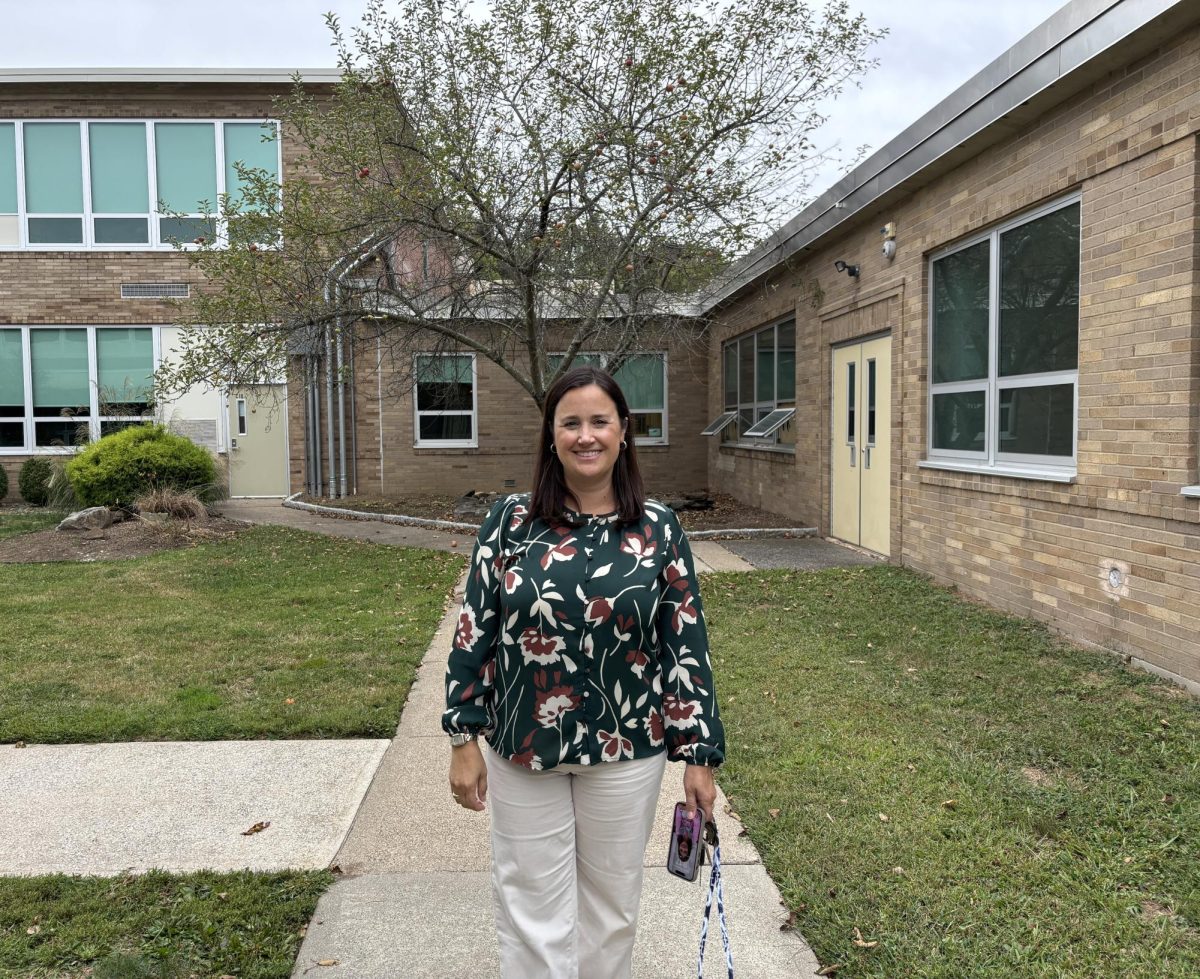
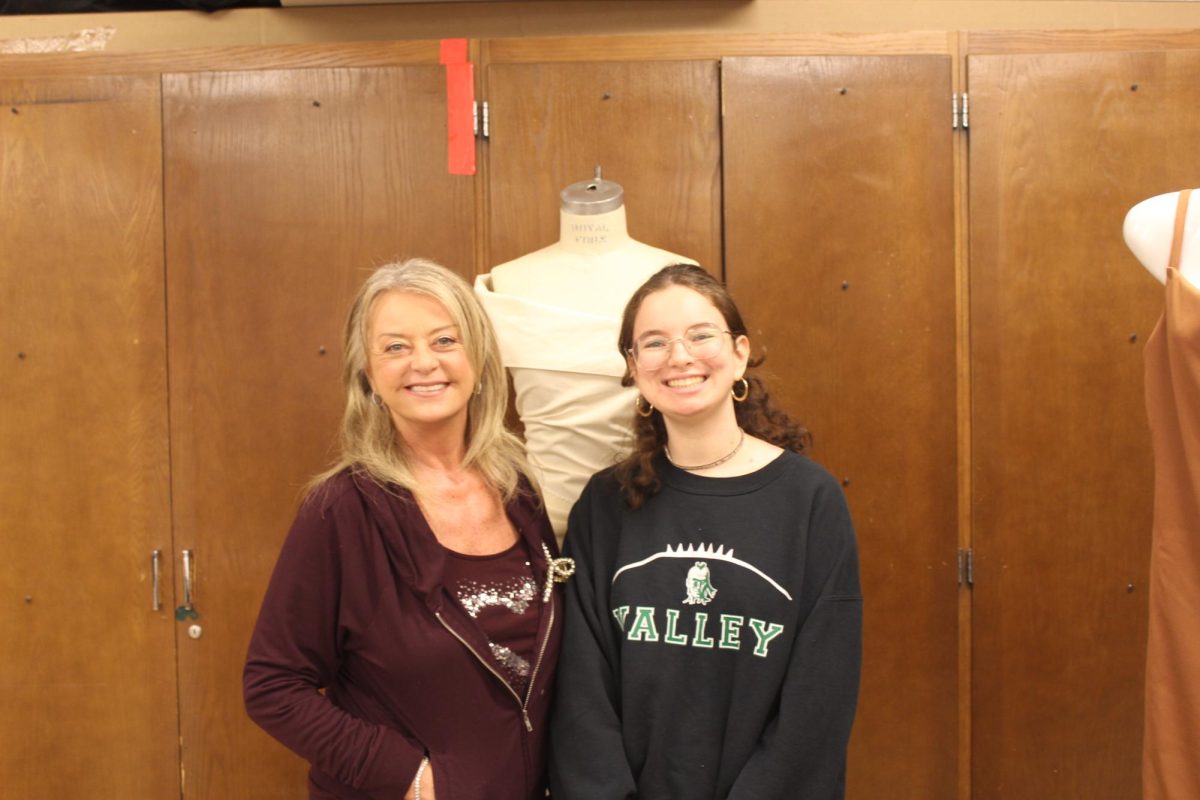

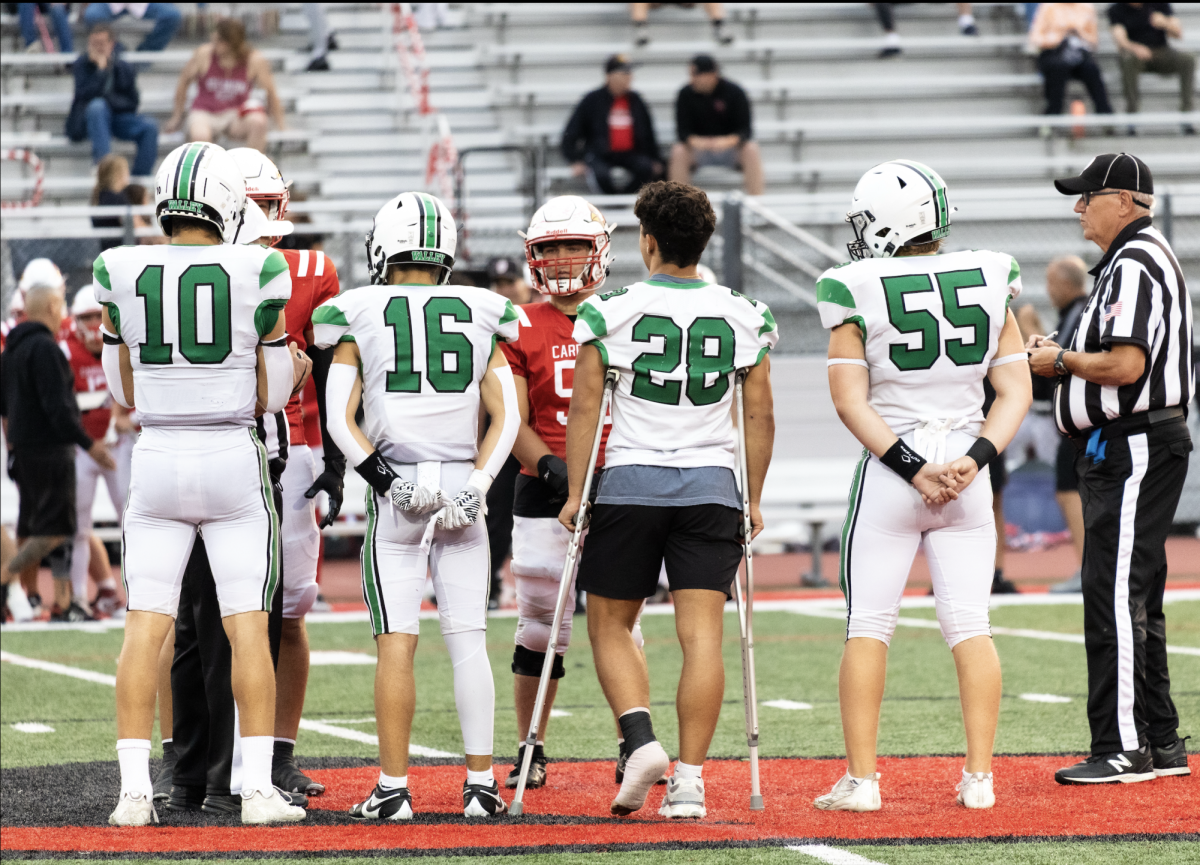
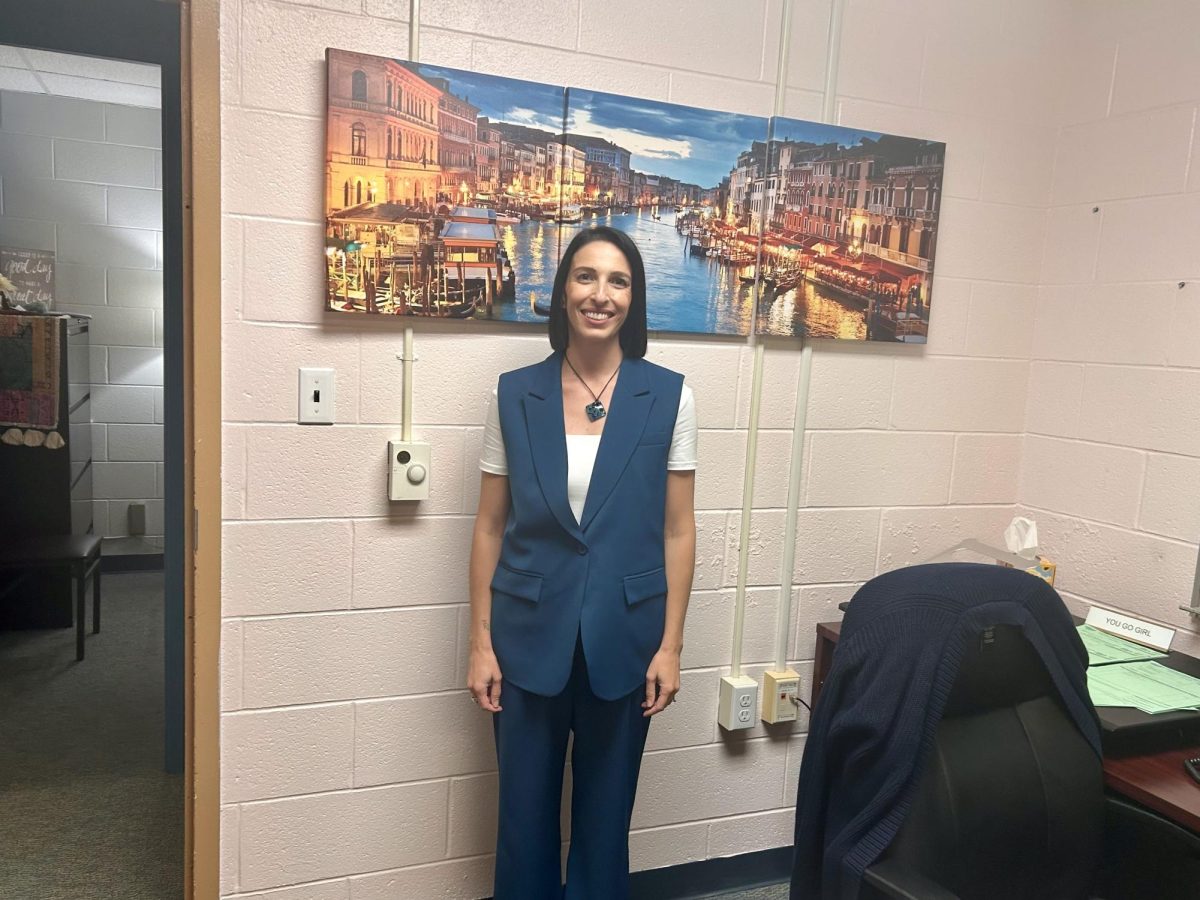

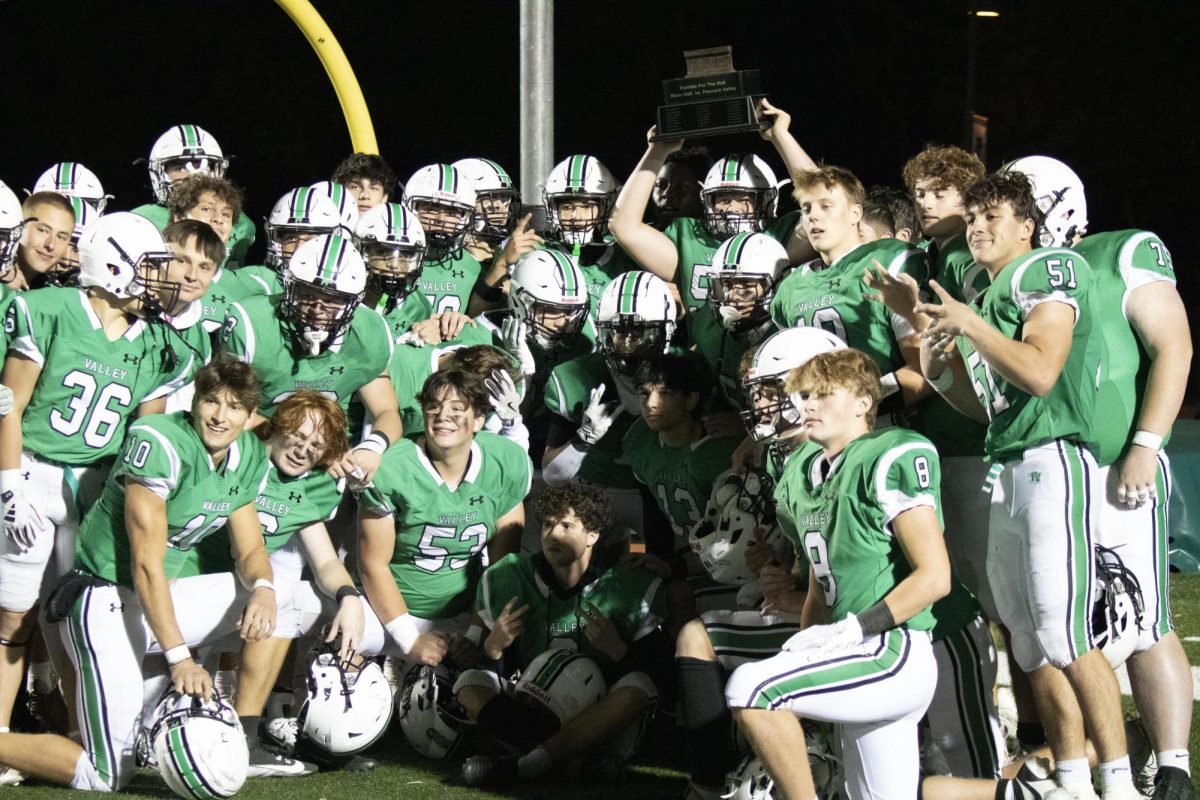
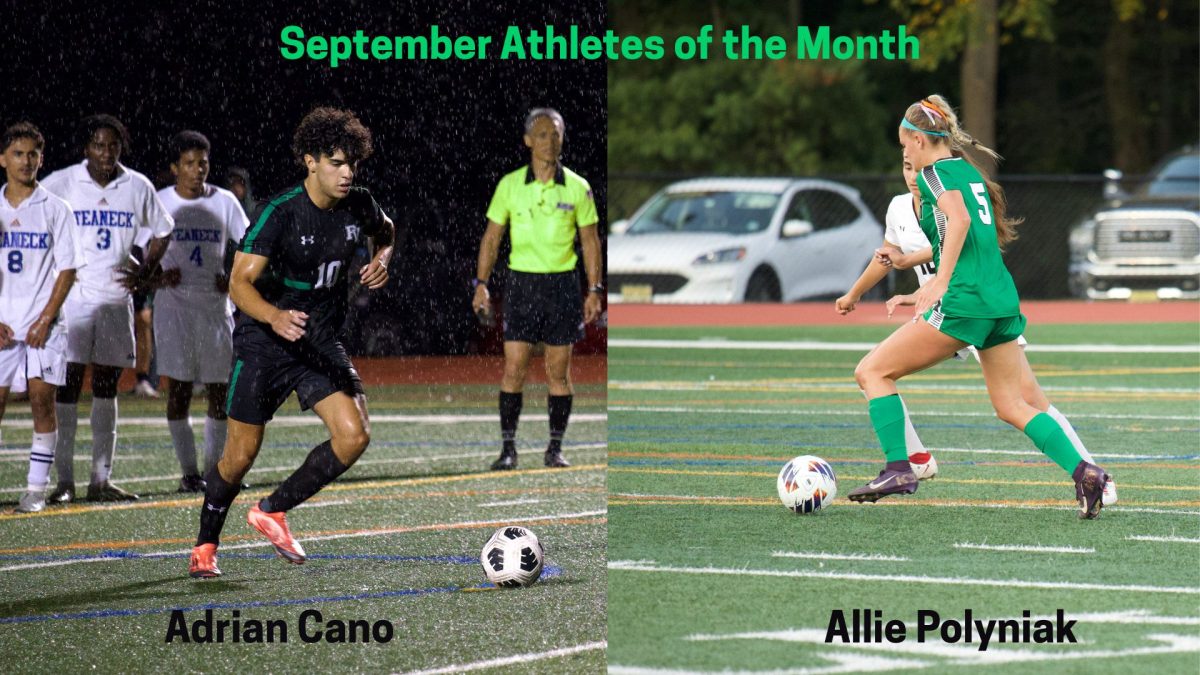
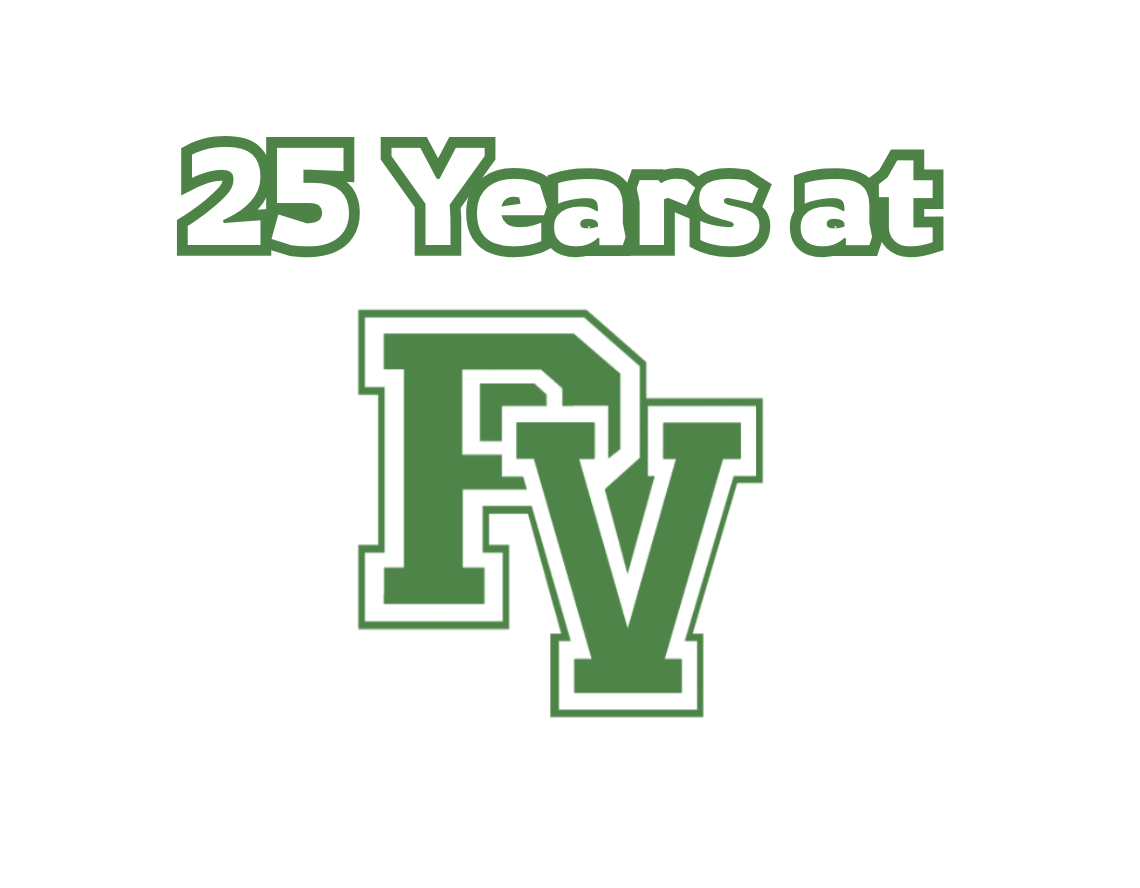
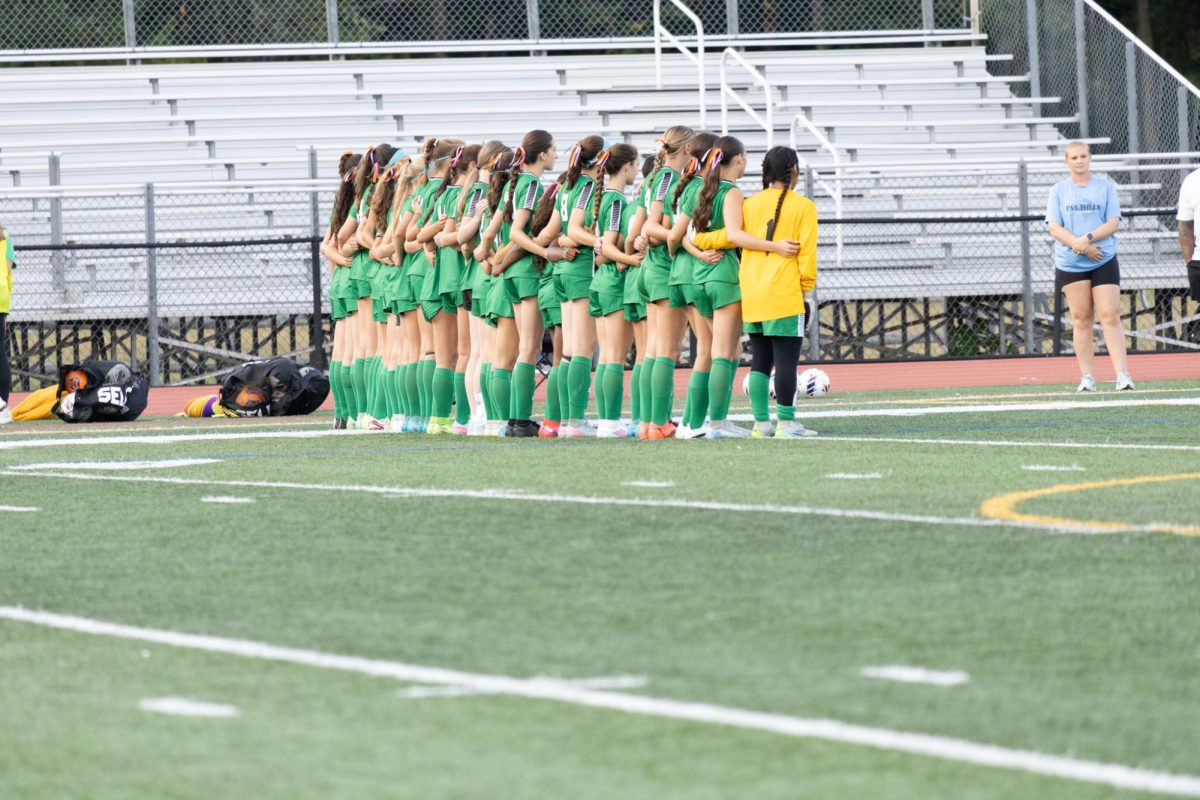
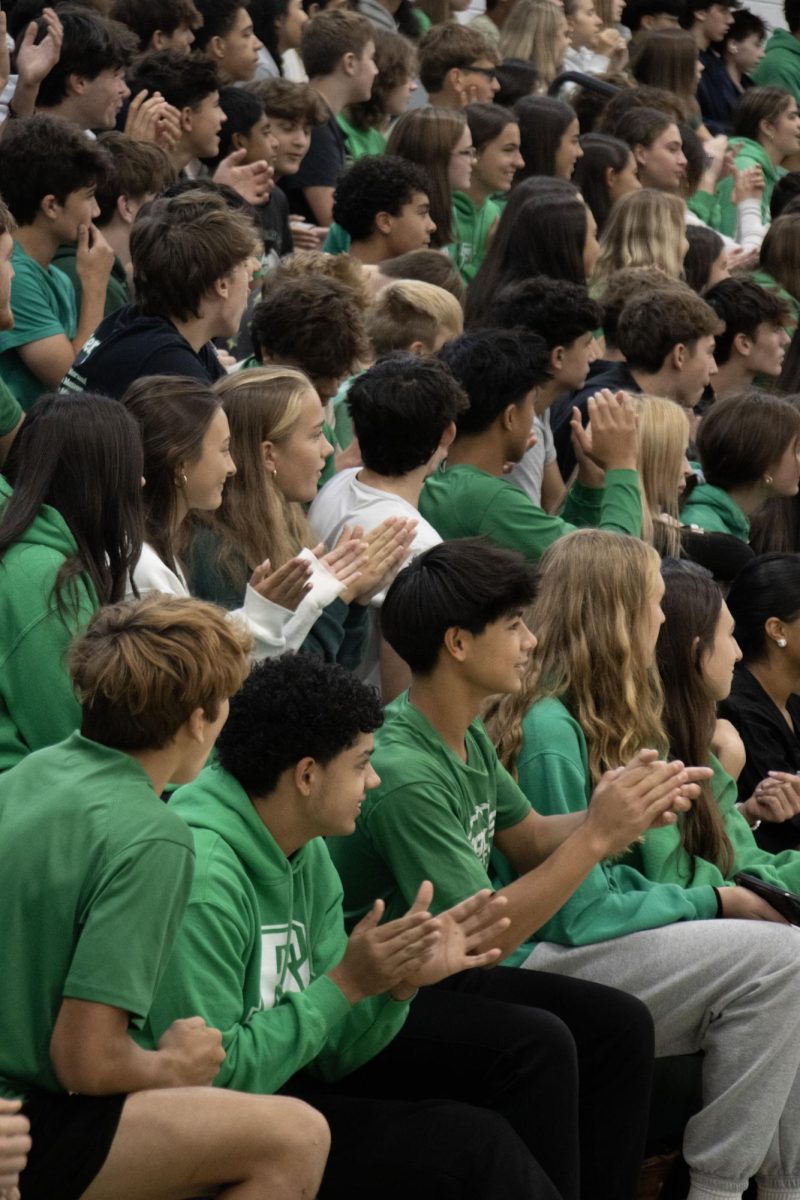


Jeff Jasper • Nov 20, 2023 at 9:16 pm
Sophie: you tackled a tough topic and did an amazing article. Thank you for using Gov as a starting point. Journalists like you will change and challenge views and make all of us think, use our voice and listen. Kudos!